#onlinewars
Explore tagged Tumblr posts
Photo

Check the smoothness if not shaved properly go for a ultra smooth shave experience using the razor, invest in digital gold bitcoin don't invest in physical gold which is a harmful to environment both production and wearing them.., sell all your physical gold and turn them into bitcoins we are projecting the valuation of bitcoin to 1 million dollars by 2030.., #bigbull #hero #onlinewars #tradewars #ukraineisfallen #natoperished #bellaciao #bellechanti #pasidano #gundupilla #gundupillalu #andham #antha #gundulone #mokku #teerchandi #pranalake #pramadham #manushulu #taka #taka #chanipothunaru #tarakratna #kuda #chanipoyaru #bharya #gundu #cheyinchaledhu #anduke (at Tirumala, Andhra Pradesh, India) https://www.instagram.com/p/CpPD7OrgaPc/?igshid=NGJjMDIxMWI=
#bigbull#hero#onlinewars#tradewars#ukraineisfallen#natoperished#bellaciao#bellechanti#pasidano#gundupilla#gundupillalu#andham#antha#gundulone#mokku#teerchandi#pranalake#pramadham#manushulu#taka#chanipothunaru#tarakratna#kuda#chanipoyaru#bharya#gundu#cheyinchaledhu#anduke
0 notes
Text
Haters gonna hate, trolls gonna troll: Where does social media stand in online wars?
(Warning: Long read ahead)
In layman’s terms, trolling means intentionally creating verbal fights online – or online wars if you will – by making controversial or offensive comments to provoke emotions of readers, pushing them to engage in these fights for a troll’s personal amusement or gain while haters usually just participate in online hate speeches. However, the two do have one thing in common: they make life online one hell of a ride.
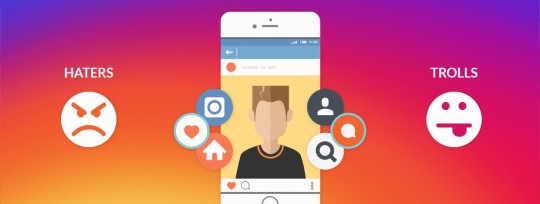
Although trolling is seen as the lighter, less harmful version of online hate speeches, they are at times taken seriously by authorities, such as in the case of Sean Duffy, a 25 year-old who was imprisoned for 18 weeks in the U.K for commenting and mocking the death of two teenagers on a tribute page on Facebook – which brings us to the work of Whitney Phillips centering around trolls targeting online memorial sites.
Phillips suggested that despite popular belief that these type of trolls are heartless beings bombarding mourners with offensive insults, there is another side to the story. She stated that these trolling practices are predominantly targeted at “grief tourists”; people who aren’t actually related to whoever is being mourned over and are simply joining in on the “fun” (technically grief) of mourning over the deceased, thus proposing that trolling “grief tourists” is a righteous action taken against those clouding tribute or memorial sites with insincere grief (Sherpherd et. al 2015).

Even so, trolling often causes more harm than good. They not only are pawns used to shift the people’s attention away from rising social issues like sexism, racism, homophobia and others, they are also huge contributors to the normalization of online hate and harassment by legitimizing hate speech – which is related to an individual’s esteem need to exist, to be (Sherpherd et. al 2015). Those who assume the identity of a hater are people who struggle to exist online and have resorted to lowly means like hate-advocating on social media in their journey to achieve online relevance and significance.
And this is where social media comes in and joins the party because as of today, we can’t have one without the other; where social media goes, online hate speech follows.
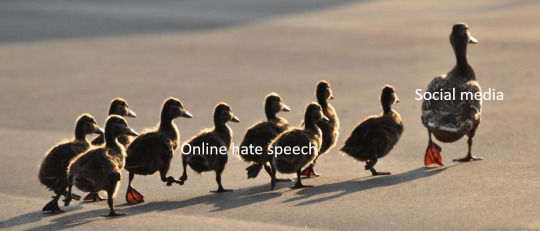
But why is social media so closely related to hate?
Well, this has a lot to do with social media sites’ open-to-all infrastructure and the liberal ideal of freedom of expression. Unregulated online spaces are the unguarded soil that let the idea of freedom of speech grow and blossom into what we know today as hate speech (Sherpherd et. al 2015). As the limits of hate speech have always been ill-defined on social media platforms, to participate in hate speech and to get away with it scot-free is like a walk in the park – maybe even easier – which gave rise to the widespread participation in online hate speech.
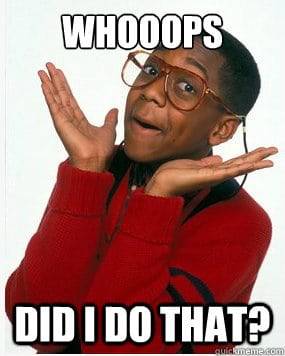
However, it is unfair to say that social media created hate speech because this would imply that people have never intentionally offended or insulted others before social media came along, which we know is untrue. Hate has always been around. It was here in the form of racism against African-Americans in the 1950s, it was here in the form of transphobia when Masha P. Johnson was found dead in the Hudson River in 1992 and it was definitely still here 4 years ago in the form of hashtag-turned-hate-campaign #GamerGate. If anything, the actions of people online are a mere reflection of their actions offline. Take #GamerGate for example:
Although it was originally stated to be a plight for gaming ethics, further understanding showed that it is actually a backlash and hate campaign against the increasing presence and participation of women in the gaming industry which is perceived to be a change from pre-(s)existing cultural norms (Sherpherd et. al 2015). In simpler words, men felt that women were threatening their male power and privilege in games. Feeling offended, they organized a campaign to show the rest of the world that men are the “true” gamers – depicting how sexist and misogynistic the gaming culture AND the people part of that community are, who are probably as sexist as they are online and offline.
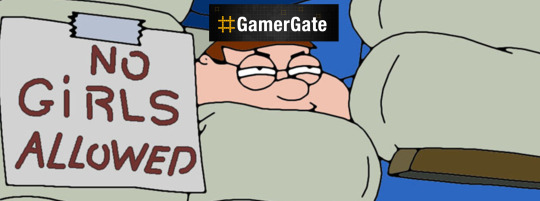
And is anyone doing anything about all this hate?
Frankly....no, not really. There have been efforts (as there always are) from social media management companies: The Black Lives Matter Facebook group – a target of malicious, hate-fueled comments – has reached an agreement with Facebook to shield certain pages, meaning flagged hate speech will reach the chain of command more quickly; Twitter representatives have responded to online abuse against women by promising to collaborate with the Women, Action and the Media organization while its own CEO also personally apologized for the company’s prior inadequate action regarding women abuse online (Shepherd et. al 2015).
But, how effective are these actions against the persistent spreading of hate online? Especially when these companies practice the very deeply embedded victim-blaming culture and understand that to them, hate online is more of a profitable development than a problem; which is why alternative interventions are much needed.
However, social media platforms responsible for hosting these abuse are not the ones advocating and developing plans to mitigate online hate. Unfortunately, this burden falls yet again on the shoulders of the victims and the marginalized because policies created and implemented by the non-diverse workforce in tech industries – made up mostly by people not part of the marginalized groups – will not do much nor will they do nearly enough in protecting people against online abuse, hence why the marginalized are forced to take matters into their own hands in fighting against online hate and abuse.
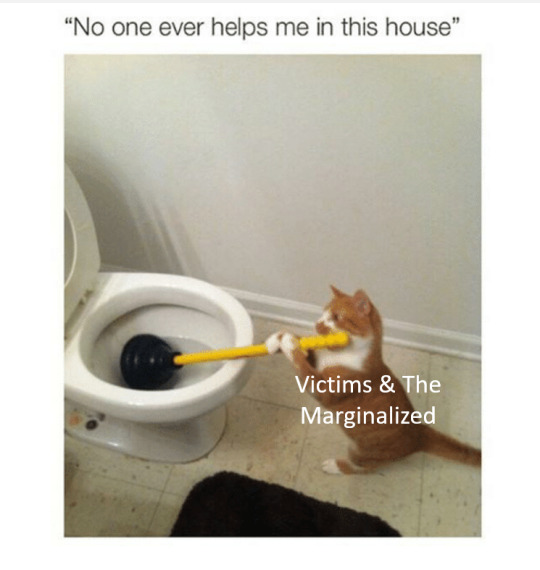
In the face of online wars of hate and trolling, social media’s affordances are the key used to open doors to the facilitation of hate speech and organization of hate-driven collective movements against the oppressed and marginalized groups both in online and offline societies. Thus, to properly combat this issue, I believe that a mix of corporate technological policy, legislative solutions and an understanding of the underlying online and offline culture is needed to develop a long-term fix for a longstanding problem.
References
Sherpherd, T, Harvey, A, Jordan, T, Srauy, A & Miltner, K 2015, ‘Histories of hating’, Social Media + Society, 1(2), pp. 1 - 10, 4.
1 note
·
View note